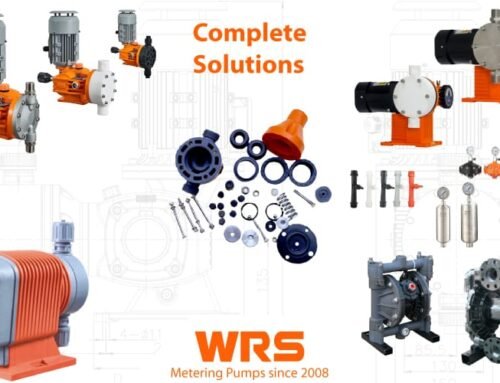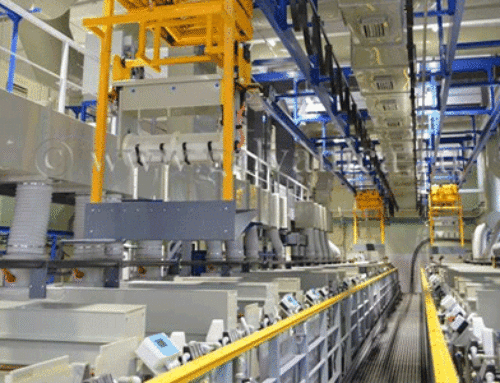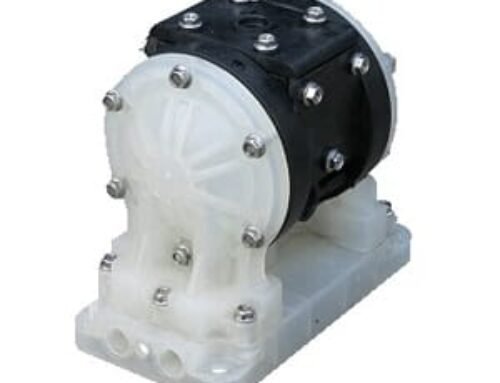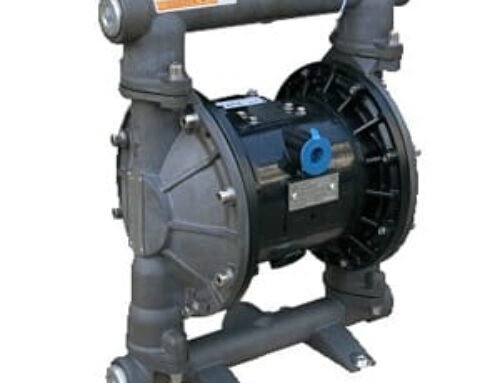Diaphragm pumps are among the most reliable and versatile pumping systems in industrial and commercial use. Their design combines durability, precision, and chemical resistance—qualities that make them indispensable in industries such as water treatment, food processing, oil and gas, and pharmaceuticals.
Below are ten major diaphragm pump advantages that explain why diaphragm pumps are often preferred over other types like centrifugal or peristaltic pumps.
1. Self-Priming Capability
One of the most practical advantages of diaphragm pumps is their ability to self-prime. Unlike centrifugal pumps, which need to be filled with liquid before starting, diaphragm pumps can draw fluid directly from below the pump’s level. This makes them ideal for applications where the liquid source is not immediately accessible, such as underground tanks or remote reservoirs. Their suction power also reduces the need for additional priming equipment, cutting installation costs and setup time.
2. Dry-Run Tolerance
Diaphragm pumps can run dry without causing internal damage. This is a significant advantage over pumps with mechanical seals or impellers that depend on liquid for lubrication. When a process temporarily runs out of fluid, the diaphragm pump can continue operating until flow is restored. This feature is particularly valuable in industries with intermittent liquid supply, such as chemical batching or wastewater treatment.
3. Leak-Free Operation
Because the diaphragm acts as a barrier between the pumped liquid and the moving mechanical parts, the fluid remains completely sealed inside the chamber. This leak-free design is essential for handling hazardous, toxic, or high-value fluids. The absence of shaft seals eliminates one of the most common causes of leakage in other pump types, improving both safety and environmental compliance.
4. Chemical Compatibility
Diaphragm pumps can handle a wide range of chemicals—acids, bases, solvents, and viscous fluids—without degradation. The wetted parts, such as the diaphragm and valve seats, are available in materials like PTFE, PVDF, EPDM, and stainless steel, which offer excellent chemical and temperature resistance. This versatility allows a single diaphragm pump design to be adapted for use in multiple industries with different chemical requirements.
5. Handles Solids and Slurries
Unlike most other positive displacement pumps, diaphragm pumps can handle fluids containing solid particles or slurries without clogging. The flexible diaphragm and wide flow paths allow suspended particles to pass through without causing wear or damage. This makes them well-suited for processes involving sludge, paints, adhesives, or abrasive materials.
6. Variable Flow Control
Flow rate in diaphragm pumps can be easily adjusted. For air-operated models, flow is regulated by controlling the air pressure. For motor-driven models, it can be adjusted by changing the stroke length or pump speed. This flexibility allows precise dosing and metering, making diaphragm pumps ideal for chemical injection and proportional dosing systems in water treatment plants and manufacturing processes.
7. No Mechanical Seals
Traditional pumps rely on mechanical seals or packing to prevent leaks around the rotating shaft. These components wear out over time and require regular maintenance. Diaphragm pumps, however, operate without mechanical seals, eliminating this weak point entirely. The absence of seal friction not only reduces maintenance but also ensures long-term operational reliability.
8. High Pressure Capability
Diaphragm pumps are capable of delivering fluids at medium to high pressures, typically up to 20 bar or more depending on the model. This makes them effective for precision applications such as dosing, injection, or transfer of chemicals into pressurized systems. Their design also allows them to maintain pressure consistency, which is critical in processes that demand stable dosing performance.
9. Self-Cleaning Valves
Equipped with non-return (check) valves, diaphragm pumps prevent backflow and automatically purge any small blockages during operation. This self-cleaning action helps maintain efficiency and reduces the frequency of manual cleaning or downtime. The simple valve design also makes replacements easy and inexpensive when maintenance is required.
10. Explosion-Proof Options
For environments where flammable gases or vapors are present, Air-Operated Double Diaphragm (AODD) pumps offer an intrinsically safe solution. Since they are powered by compressed air instead of electricity, there is no risk of sparks or overheating. This makes them suitable for oil refineries, chemical plants, and mining operations where explosion-proof equipment is mandatory.
The diaphragm pump advantages come from their efficient, leak-free, and durable design. Their ability to self-prime, handle abrasive or corrosive fluids, run dry, and operate safely in explosive environments gives them a distinct edge over other pump types.






Leave A Comment